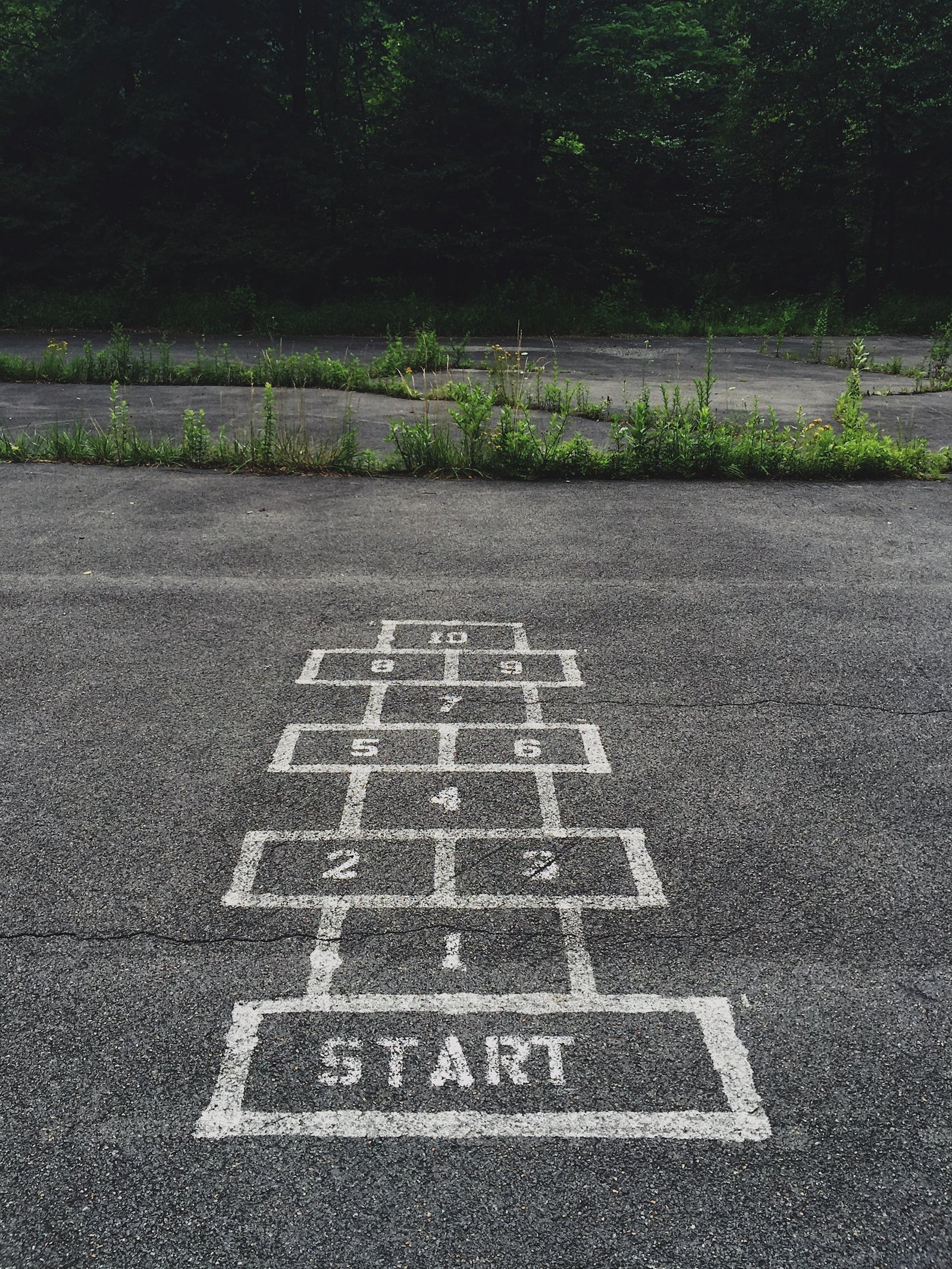On this page, we discuss the common five steps that can assist you to adapt to the transition between school and post-school destination -Universities and Colleges, or gap year.
Let’s explain how a learner can be prepared for post-school destinations.
To effectively prepare a learner for post-school destinations, it’s crucial to focus on career guidance to explore various career paths, academic planning to select subjects that align with their interests, and skills development through extracurricular activities, internships, and part-time jobs. These strategies help in building essential soft skills such as communication, teamwork, and time management, which are vital for success in any career. Additionally, financial literacy and digital literacy training can equip learners with the knowledge to manage their finances and navigate the digital world efficiently.
Five steps that can assist you to Adapt to the Transition between High School and Post-school Destination – Universities and Colleges:
Transitioning from high school to university can be a challenging and exciting experience. Here are five strategies to help you prepare for the changes and expectations of university life:
- Develop Good Time Management Skills: University life often involves juggling multiple courses, assignments, and extracurricular activities. To stay on top of your workload, it is important to develop good time management skills. Create a schedule or planner to help you stay organized, and prioritize your tasks based on their importance and deadlines.
- Build Strong Relationships with Professors: University professors can be valuable mentors and resources, providing guidance and support throughout your academic journey. Take the time to build strong relationships with your professors by attending office hours, participating in class discussions, and asking for feedback on your work.
- Get Involved in Campus Life: University offers a range of extracurricular activities and organizations, including clubs, sports teams, and volunteer opportunities. Getting involved in campus life can help you meet new people, develop new skills, and enhance your overall university experience.
- Seek Out Academic Support: If you are struggling with a particular course or assignment, don’t be afraid to seek out academic support. Most universities offer resources such as tutoring, writing centers, and study groups to help students succeed.
- Take Care of Your Mental and Physical Health: University life can be demanding and stressful, and it is important to prioritize your mental and physical health. Make time for self-care activities such as exercise, meditation, and spending time with friends and family. If you are struggling with mental health issues, seek out support from campus counseling or health services.
The most common post-school Destination
The most common post-school destinations vary by country and educational system. However, some of the most common post-school destinations include:
- College/University: Many high school graduates go on to attend college or university to pursue further education and training. This can include a range of degree programs, from associate’s and bachelor’s degrees to master’s and doctoral degrees.
- Vocational Training/Apprenticeships: Some high school graduates choose to pursue vocational training or apprenticeships to gain practical skills and experience in a specific trade or industry. This can include training in areas such as healthcare, information technology, or skilled trades like carpentry, plumbing, or electrical work.
- Workforce: Some high school graduates enter the workforce directly after graduation, either in entry-level positions or in jobs that require specific skills or training. This can include a range of fields, from retail and customer service to manufacturing and construction.
- Military Service: Some high school graduates choose to enlist in the military after graduation, either as a career or as a way to gain valuable skills and experience. Military service can offer opportunities for training, education, and career advancement.
- Gap Year: Some high school graduates choose to take a gap year after graduation to travel, work, volunteer, or explore other interests before continuing their education or entering the workforce. A gap year can offer opportunities for personal growth and self-discovery, as well as a chance to gain new experiences and skills.

